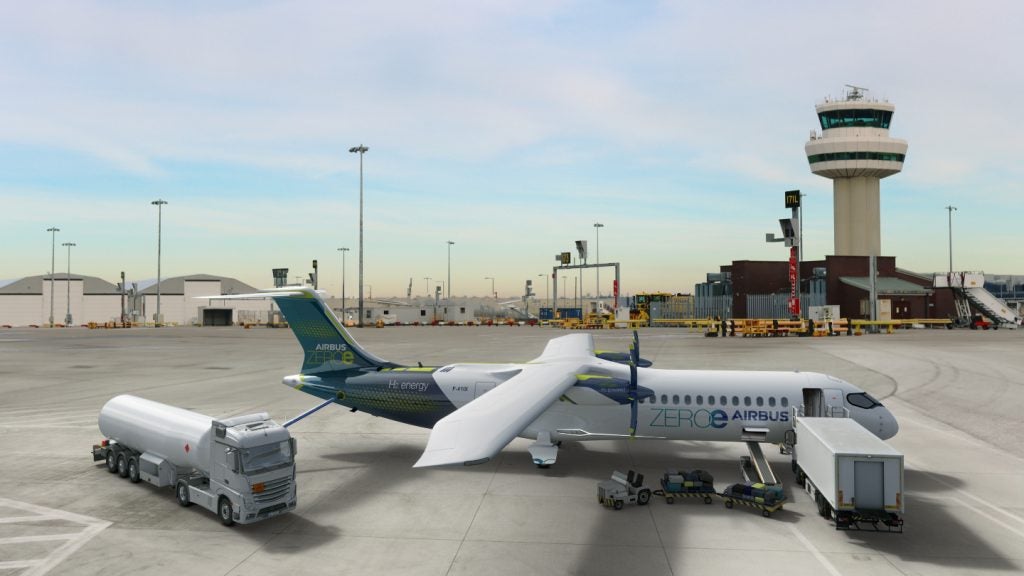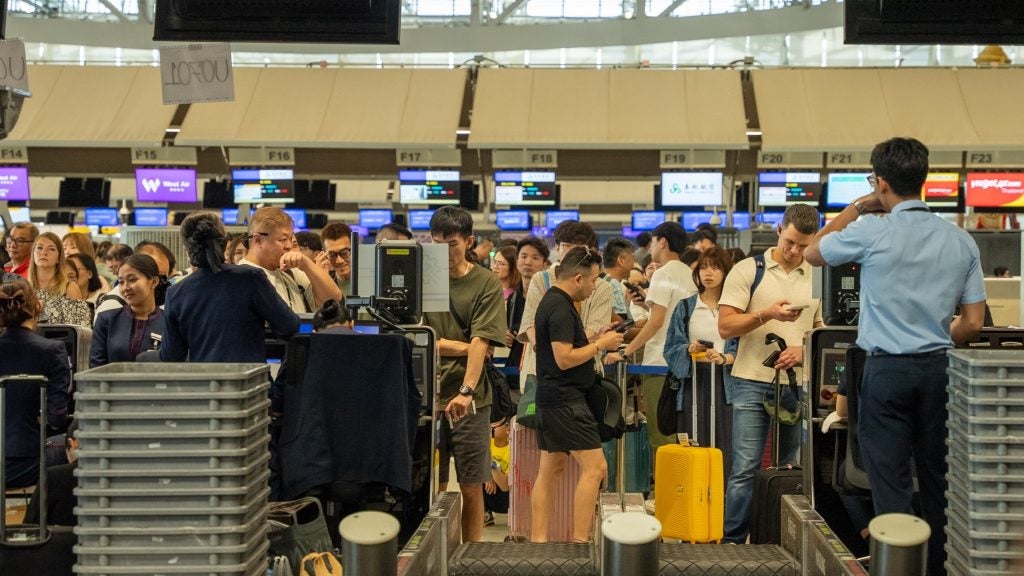Despite some encouraging signs of revival for the overall travel industry in 2022, the business travel sector is witnessing a slower-than-expected recovery, particular regarding international travel.
Business travel faces several added layers of complexity which affect consumer behaviour, purchase decisions, and general operations. As a result, many challenges lie ahead for international business travel over the next four years. As such, it is unlikely it will recover until at least 2026.
The fall of business travel during the pandemic
According to GlobalData’s Tourism Demands and Flows Database, international business travel fell by 78.4% in 2020, before falling a further 7.9% in 2021. At the start of the pandemic, experts had predicted that 2021 would most likely see some form of recovery. However, the pandemic continued to plague the industry. It is only now, after billions of Covid-19 vaccines have been administered, that there is an upward trajectory for international travel.
International business travel faces myriad of complex issues
Business travel is far more complex than leisure travel. There are a number of outside factors which both directly and indirectly affect business travel demand. The most prominent of these matters is the rising cost of living fuelled by the ongoing energy crisis. This is being caused by low energy reserves due to the pandemic and the current geopolitical situation between Russia and Ukraine. These increased energy costs have undoubtedly put further pressure on businesses who are seeing operational overheads soar. As such, business travel is no longer a priority for companies. According to a GlobalData poll from April 2021, 43.2% of respondents said that their businesses had significantly reduced its corporate travel budget.
The increased use of conferencing software has also had a significant impact on the meetings, incentives, conferences, and events (MICE) tourism sector within business travel. This software has enabled companies to develop business-to-business (B2B) relationships across the world and collaborate with other employees from other offices, thus, reducing the need for business and MICE tourism. During the pandemic, daily users of Microsoft Teams increased from just 32 million in 2019 to 145 million by April 2021 according to The Verge. Furthermore, the BBC reported that the meetings platform Zoom saw sales grow by 326% at the start of the pandemic in 2020, highlighting the impact of these tools.
See Also:
Despite the slow recovery, some companies are adapting
Although international business travel is taking longer than expected to recover, many tourism businesses are innovating their products to meet the changes needs of the market. In 2020, Radisson introduced hybrid conferences in the wake of the pandemic. This product included a broadcast studio, allowing organisations to continue to host professional and engaging conferences remotely. In addition, the inclusion of bio bubbles and breakout rooms meant that some individuals could attend the conference. Loyalty programs have also taken on new life in a bid to attract business tourism. Companies such as IHG and Hilton have revamped their loyalty programs over the pandemic, providing more benefits for return guests and direct purchases. This strategy is likely to be the key moving forwards as business travel starts to move towards its long road to recovery.
How well do you really know your competitors?
Access the most comprehensive Company Profiles on the market, powered by GlobalData. Save hours of research. Gain competitive edge.

Thank you!
Your download email will arrive shortly
Not ready to buy yet? Download a free sample
We are confident about the unique quality of our Company Profiles. However, we want you to make the most beneficial decision for your business, so we offer a free sample that you can download by submitting the below form
By GlobalData









Related Company Profiles
Microsoft Corp